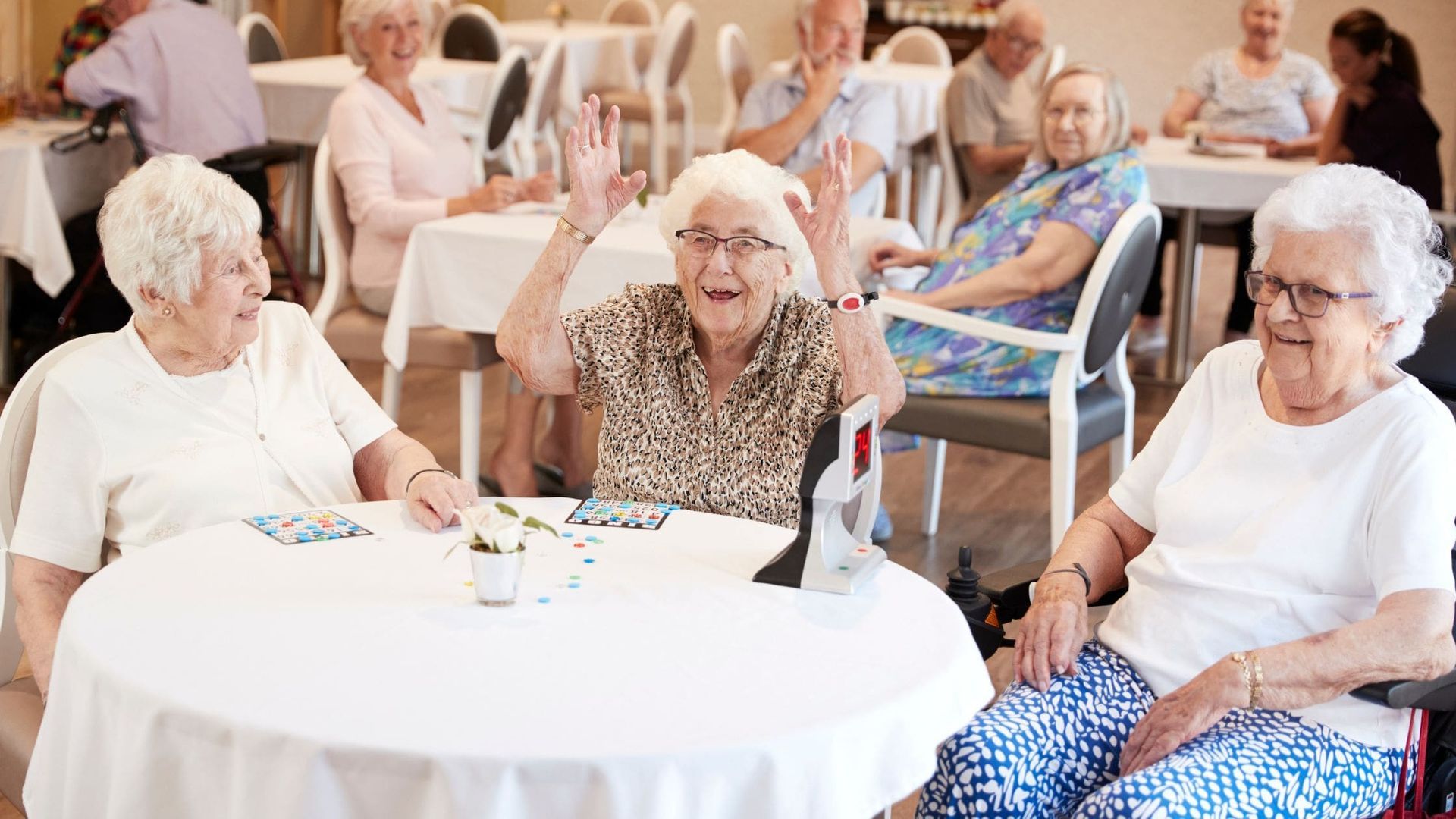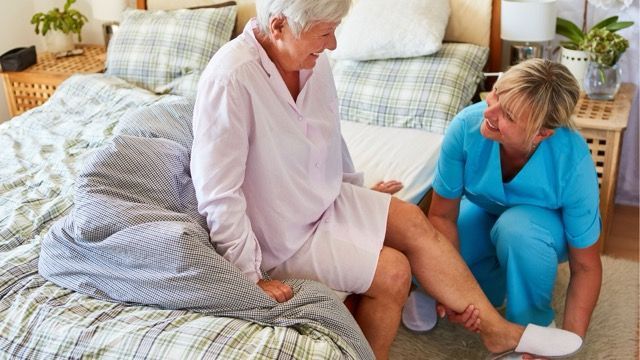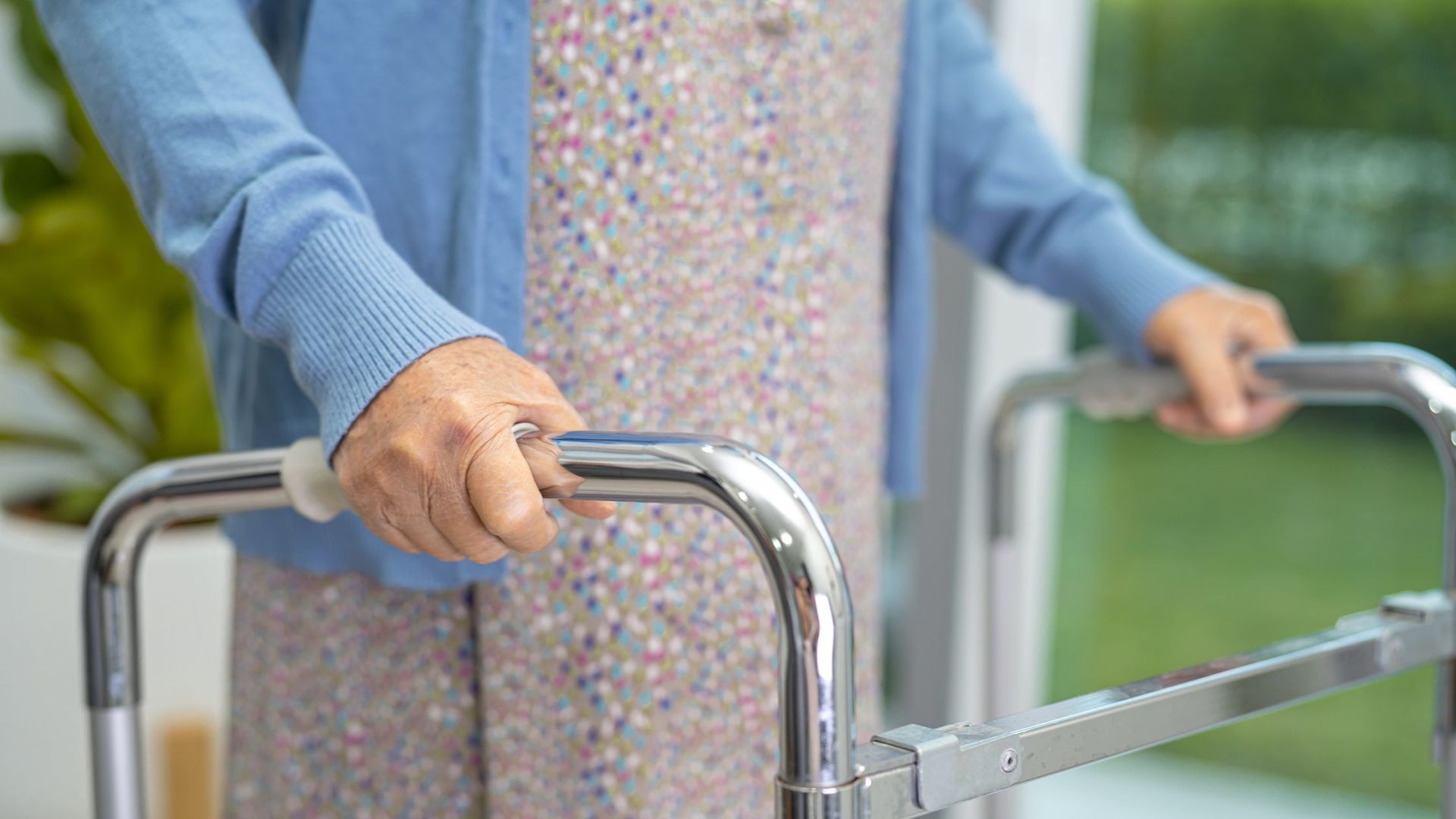5 Ways to Ensure Quality of Life for Your Loved Ones
5 Ways to Ensure Quality of Life for Your Loved Ones
In the past, it was common to place loved ones in facilities that offered only basic care when people could no longer care for themselves. Unfortunately, this often resulted in a rapid decline due to limited social interaction and lack of mental stimulation.
Thankfully, times have changed!
Today, the focus is on enhancing quality of life and helping loved ones remain at home longer, which benefits both their physical and emotional well-being.
Let’s talk about what "quality of life" really means and how you can ensure your loved ones receive comprehensive care in all areas of their lives!
Quality of life refers to a person's overall well-being, combined with emotional fulfillment.
It encompasses not only physical health but also emotional, social, and mental aspects. Key factors include:
effective pain management,
meaningful social connections,
mental engagement,
a sense of dignity,
and comfort.
Additionally, quality of life is enhanced by access to compassionate care and a safe environment.
There are 5 key factors that contribute to the best quality of life loved ones can experience. Tending to each one can lead to better health outcomes, happier patients, and more years to spend with their families at home.
- Safety - Safety is crucial when caring for elderly patients, individuals in poor health, or those with cognitive decline. This requires personalized strategies to improve home accessibility, ensure proper medication management, and address unique medical needs. By focusing on these aspects, caregivers can create a secure and supportive environment that fosters each patient's well-being and comfort.
- Nutrition - Proper nutrition is crucial for both preventing and managing illness. A diet centered around whole foods, including any necessary supplements, and proper hydration, is essential for maintaining optimal health. In certain cases, customized meal plans, such as those for diabetes management and other health conditions, are vital for supporting overall well-being.
- Physical Exercise - Staying active is essential for everyone (even you!), yet it's often one of the first things people give up as they age or experience illness. Encouraging movement, even within a loved one’s capabilities, is key and can significantly help in managing or recovering from health conditions. Simple activities like walking can be highly beneficial, but when that's not possible, a personalized activity plan tailored to individual needs can make a big difference. Occupational, physical, and speech therapies also play an important role in supporting overall well-being.
- Mental Exercise - Engaging both the right and left sides of the brain is crucial for preventing cognitive decline. Keeping individuals mentally stimulated through activities like games, memory exercises, and creative outlets—such as art classes—not only supports overall brain health but also boosts emotional satisfaction. These activities help preserve mental sharpness while fostering a sense of joy and fulfillment.
- Emotional and Social Support - A strong social network is one of the most important factors in promoting a longer, happier life. Keeping your loved ones connected with friends and family is essential for their emotional well-being. Even virtual visits with distant relatives can help maintain these important relationships. Regular social activities, such as group gatherings or classes, also offer meaningful interaction and engagement. An often overlooked but highly beneficial element is pet therapy. Whether it's spending time with their own beloved pet or receiving visits from a therapy animal, pets provide comfort and companionship that significantly boost overall happiness.
Providing care for loved ones goes beyond just meeting their basic needs—it involves nurturing their physical, emotional, and social well-being. Today’s holistic care approaches make it possible to ensure the best possible quality of life for both you and your family!
If you want to learn more about developing a quality of life plan for your loved ones requiring home health care, please contact Irene with No Place Like Home Senior Services at 919-762-0035.










